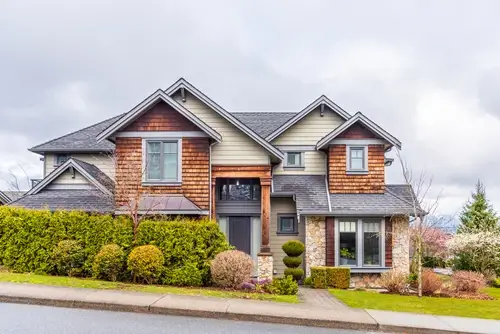

You have probably heard people talk about second homes and investment properties. Or maybe vacation homes and rental properties. They can sometimes be used interchangeably but they actually have very different definitions, especially when it comes to mortgage financing.
Second Home
Also known as a vacation home, a second home is defined as one that you use for personal enjoyment for at least part of the year. If you rent it out, it can only be short-term rentals. While it is generally easier to qualify for a second home loan than an investment property loan, if you intend to rent it out, there are certain requirements that have to be met. You must live at the house at least 14 days per year and must live in the house at least 10 percent of the days that you rent it out. For example, if you rent it out for 200 days in one year, you must have spent at least 20 days there yourself that year.
When renting out a financed second home, you are not allowed to let it be serviced by a property management group or a timeshare agreement. Lenders will view this as the home being used only for rental purposes and would be subject to investment property terms.
The property should also be located a good distance away from your primary residence or it could also be classified as an investment property.
Lastly, a second home needs to be a one-unit dwelling with accommodations suitable for year-round living. For example, this means it cannot be an uninsulated wooden cabin in the mountains with no access to plowed roads in the winter.
Investment Property
On the other hand, an investment, or rental property is one bought with the express purpose of making money, either through rental income or through flipping it. In this case, the location and number of units are not specifically dictated, as the intent is simply to generate profit.
However, because you will not personally be living there, mortgage lenders consider investment property loans riskier than second home loans. As a result, there are stricter requirements to qualify for funding. You will need a larger down payment than on a primary residence, possibly 20% or more. Interest rates are generally higher than on primary or secondary loans as well to account for the greater risk of default to the lender.
Lenders will also want to see any current rental agreements or statements of past rental revenue when approving your investment property mortgage.
It's important to thoroughly research investment properties before making an offer. Since the goal is to make money, you need to make sure the house or apartments are in a location that will attract reliable tenants, and that it is in a condition that will not require constant repairs and renovations that will eat into your profits.
Both second homes and investment properties can be a great way to build wealth and earn equity. Just remember that they are for distinct purposes that will affect what type of loan and terms your lender will provide you.
If you are considering buying another property, give us a call today! We can help you understand your loan program options, the costs and provide you with a pre-approval letter.

